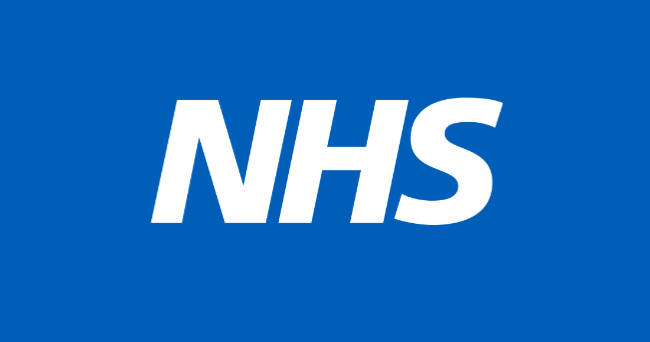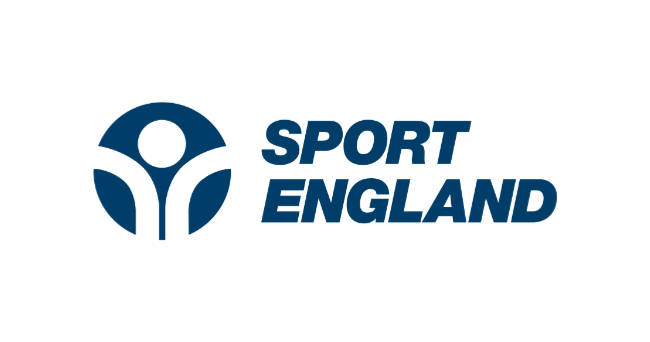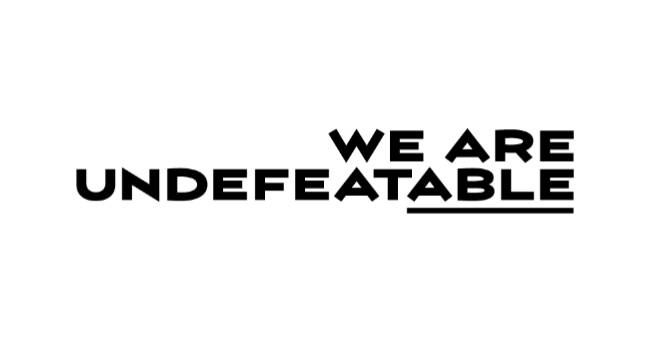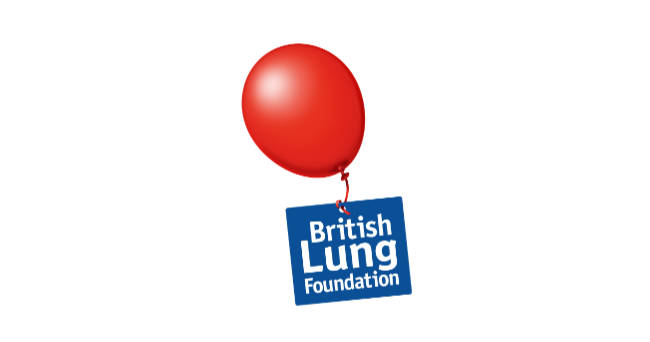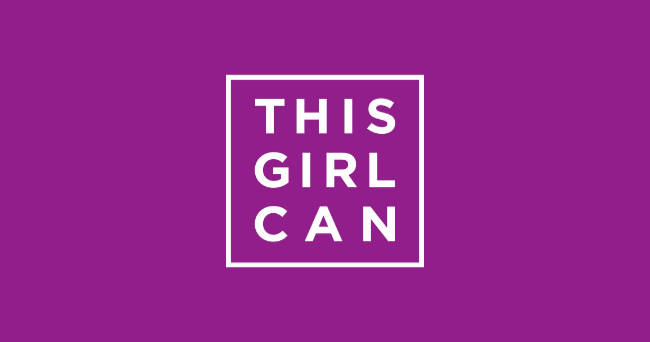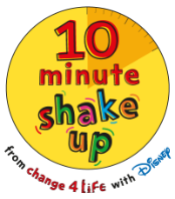Physical Wellbeing
Being physically well is not just the absence of disease. It’s also about making lifestyle choices that ensure health, avoid preventable diseases and conditions, and that allow you to live in a balanced state of body, mind, and spirit.
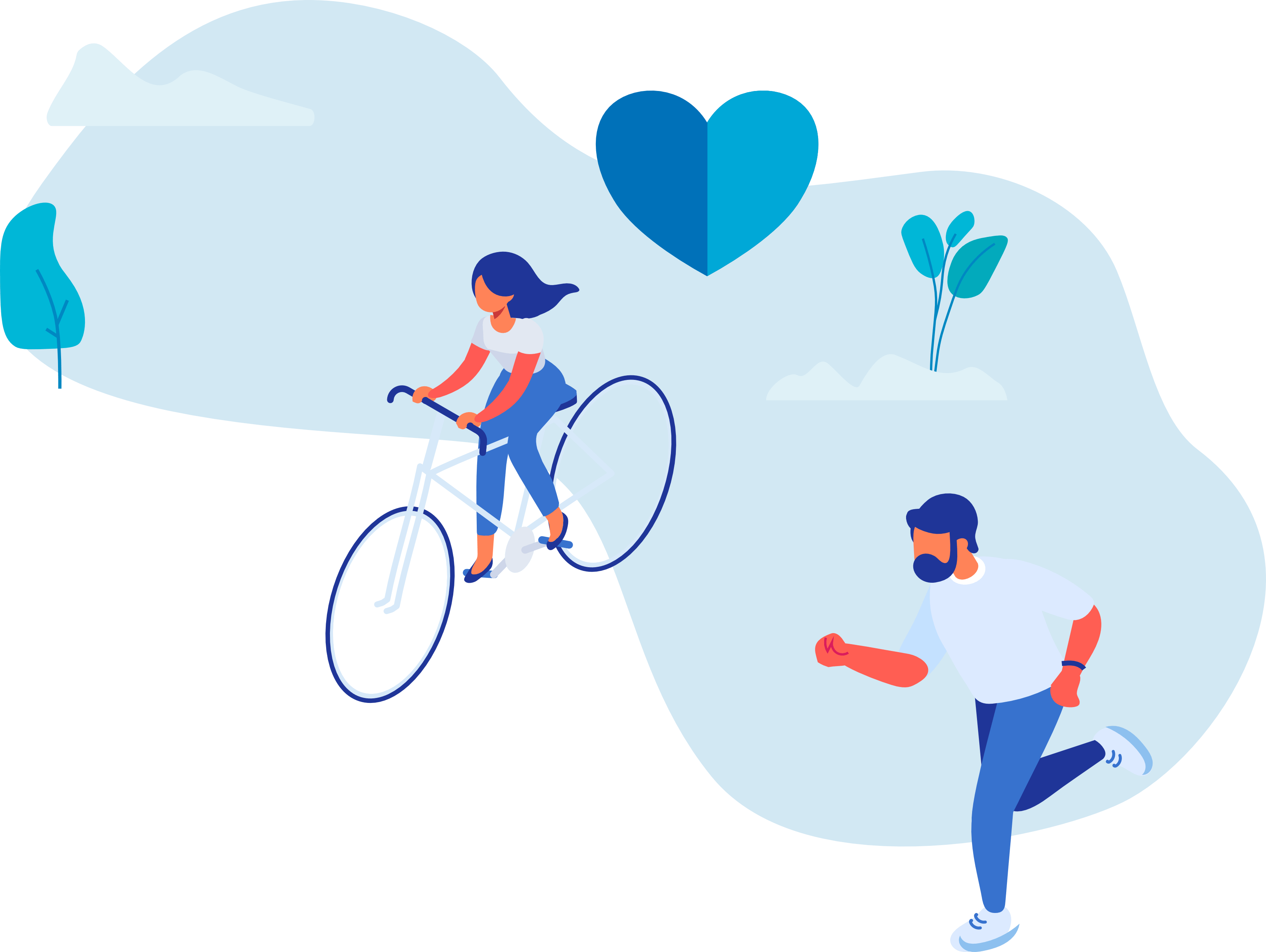
Exercise
Being active and eating healthily is hugely important for our physical and mental wellbeing. Daily exercise is encouraged (whilst keeping an acceptable distance from others) and it can take many forms – including walking, gardening, running and cycling. Eating well is equally important for our health.
Take a look at some of the ideas below on how you can exercise and eat well at home while getting the whole family involved.
Alcohol
It’s tempting in times of stress to turn to alcohol as a means of coping, but this can often make things worse. To keep health risks from alcohol to a low level, both men and women are advised not to regularly drink more than 14 units a week.

So what exactly is a “unit” of alcohol?
It used to be quite simple, as one glass of wine or half pint of beer was about one unit. But now drinks are stronger, and glasses much bigger, so it’s a bit more complex.

Make sure you have at least 2-3 alcohol-free days a week to recover and remember that this is the suggested maximum, not a target to aim for!
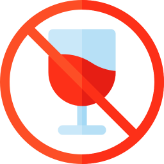
The trust is committed to promoting the health and wellbeing of its employees and to creating a working environment which is free of substance and alcohol misuse.
NCH&C will support individuals who recognise they may have an issue with alcohol.
Stopping Smoking
Stopping smoking is one of the best things you’ll ever do for your health. You’ll have cleaner lungs, a stronger heart as well as more money for you and your family.
Get started today
There is information available on quitting smoking on the NHS website.
Take steps now to stop smoking >
Together with local support for you via:
Smokefree Norfolk >
Try a text message programme
sign up for SmokefreeTXTonline or text START to 47848.

Visit Smokefree on social media
Grow your support network and stay connected.
Benefits of stopping smoking
- After 20 minutes – Blood pressure and pulse rate return to normal
- After 8 hours – Carbon monoxide levels in the blood reduce by half and oxygen levels return to normal
- After 48 hours – Carbon monoxide will be eliminated from the body. Lungs start to clear out mucus and other smoking debris. Ability to taste and smell is greatly improved
- After 72 hours – Breathing becomes easier. Bronchial tubes begin to relax and energy levels increase
- After 2 to 12 weeks – Your circulation improves
- After 3 to 9 months – Coughs, wheezing and breathing problems improve as lung function increases by up to 10%
- After 1 year – Risk of heart attack falls to about half that of a smoker
- After 10 years – Risk of death from lung cancer falls to half that of a smoker
- After 15 years – Risk of heart attack falls to the same as someone who has never smoked
Musculoskeletal Health
Taking care of your physical health and exercising regularly provides long term health benefits and improves your quality of life. Research shows that being physically active, whatever your age, helps you to lead a happier and healthier life. It is also very effective in helping you manage your musculoskeletal health.
Working environment
Where and how you work may not have changed at all during the pandemic or it could be that you find yourself in totally different surroundings. If this is the case it’s very important that you take time and use the resources available to you to set up your desk space correctly. Please go to the NCH&C Home Working Policy Display Screen Assessment on our Intranet (NCH&C staff only). If upon completing this you have further questions, please speak to your line manager.
If you are using a display screen for much of your job, here are some tips:
- break up long spells of using a display screen with regular rest breaks (at least five minutes every hour) or changes in activity
- avoid awkward, static postures by regularly changing position
- get up and moving or doing stretching exercises
- avoid eye fatigue by changing focus
Self help for MSK problems
Keeping active is one of the best ways of looking after your physical and musculoskeletal health, click here to go to our Physical Wellbeing page, where you will find lots more information on how to do this.
Managing back pain
Back pain continues to be one of the most common musculoskeletal problems people experience. Here are some useful resources to read and watch:
Managing Back Pain Video >
Staff Physiotherapy service
If you require advice or support in helping to manage your musculoskeletal condition, you can self-refer to the staff physiotherapy service. Appointments will initially be offered by telephone and information may be sent to you to enable to you begin to repair and recover.
Access to this Physiotherapy Service is available to all NCH&C staff. For more information please visit the NCH&C Intranet.
Eating well and staying hydrated
When we’re tired and stressed we often forget to eat healthily and turn to snacks or miss meals altogether. Trying to eat meals that will provide you with nutrients to keep you healthy will benefit you. Here are some tips and resources to help.
Hydration
How much should I drink? As a basic guide, most people need about 1.5 to 2 litres of fluid a day, which is around eight to 10 glasses.
This can be water but also other drinks, such as milk and fruit juice count too. Food also contains water and fruit and vegetables actual contain lots of water. Cucumber and lettuce contain a massive 96% water and tomatoes have about 94%. Keep your hydration levels topped up by adding them to a salad or a sandwich.
The exact amount of fluid you personally need c depend on lots of things like:
- your age: this affects how well your body is able to balance water and salts, and as you get older you store less water
- the amount of physical activity you do: you need to drink more if you exercise more
- the climate: you need to drink more if it’s hot and you’re sweating water out of your body
- if you’re pregnant: you’re more likely to develop constipation during pregnancy so you need to drink more
- your diet: if you’re following a special diet or very low-calorie diet, you need to drink more
Eat Better - One You
What you eat, and how much, is so important for your health and your waistline. Try this site for easy ways to eat better every day with a range of quick and simple meals you can find something either online or via the link to the App .
An advisory sheet has been produced for COVID-19 advice for the general public from the British Dietetics Association.

